This is a discussion within a series of activities in response to the Thang Long - Hanoi Festival 2025. At the same time, this activity also aims to prepare for the launch of the art program "Eternal Moments".
The seminar brings together researchers, artists, cultural managers and sound experts to open up a new approach to the relationship between the Vietnamese language, tones and sound waves, and at the same time introduce the academic and artistic concepts that are the foundation for the art program “Eternal Moments”. Through that, the seminar is not only an academic kick-off for the art program but also a journey to listen to Vietnamese identity with new ears, where sound becomes the language connecting the past, present and future.
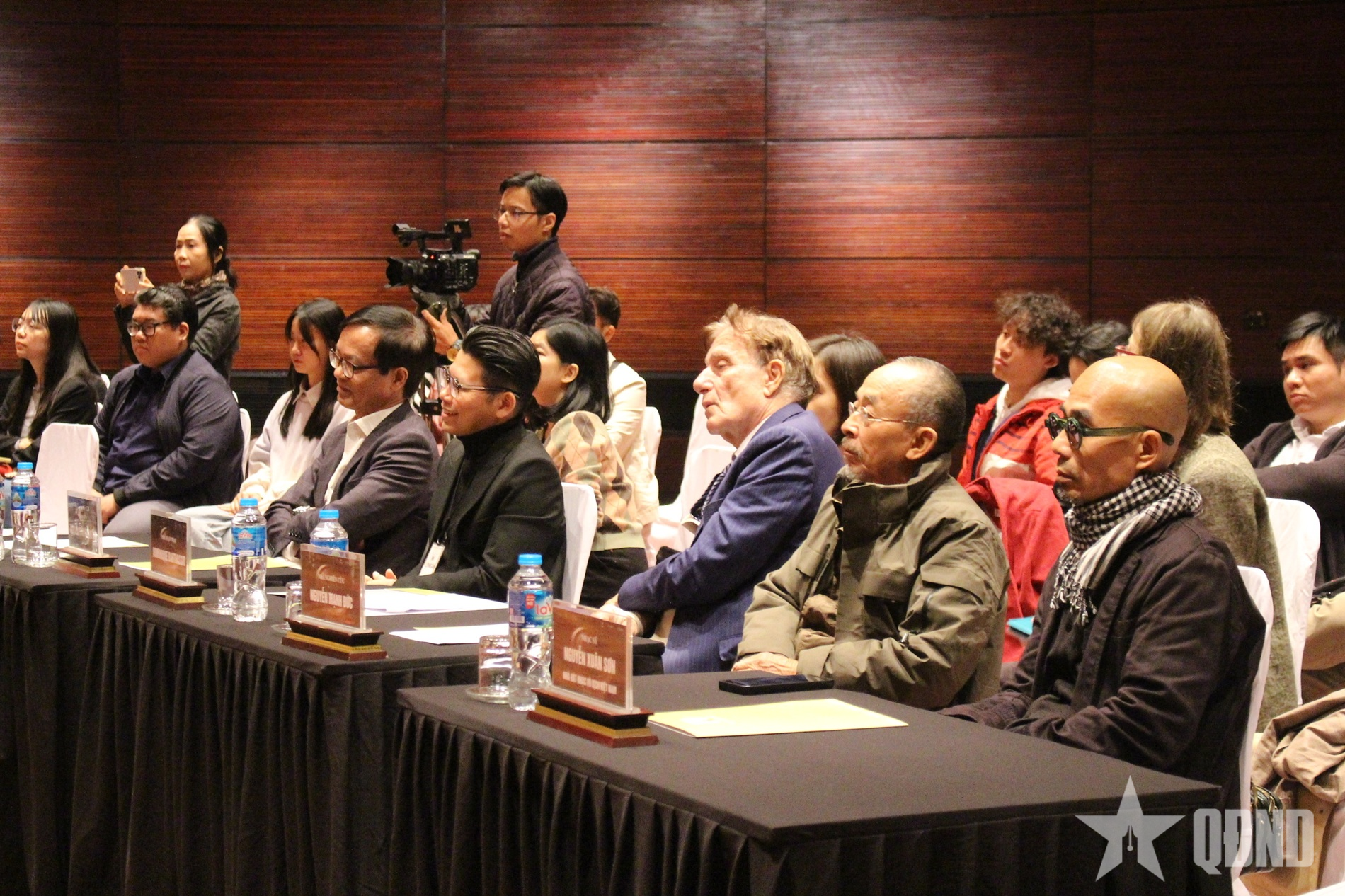 |
| The seminar brings together researchers, artists, cultural managers and sound experts. |
Speaking at the seminar, Mr. Nguyen Tien Da, Director of Hanoi Museum, shared: “The seminar is designed as an open dialogue between researchers, artists and cultural managers. Through this seminar, we will work towards a comprehensive culture of hearing, seeing and feeling in the new era."
The seminar consists of two main parts: Part 1 with the theme "Soundwaves, tones and memories of the Vietnamese language", focusing on discussing how the sounds, tones and musicality of the Vietnamese language reflect the thoughts, emotions and cultural memories of the Vietnamese people over thousands of years; Part 2 with the theme "Artistic practice - from sound to indigenous creation" opens up the artists' practical approach in "touching" the Vietnamese sound heritage and transforming them into new creative forms, from traditional to contemporary - when artists turn soundwaves into creative language.
 |
Guests shared at the "Sound Wave Dialogue" seminar. |
Through that, the seminar aims to connect academia and creativity, creating a space for dialogue between theory and practice, where language and sound are seen as elements of Vietnamese cultural identity. At the same time, it creates a new approach, considering Vietnamese tones as academic - aesthetic - policy material, contributing to the construction of an indigenous cultural industry. Besides, it also contributes to shaping Vietnamese creative discourse by opening up models and arguments for "transforming heritage" into contemporary creativity, aiming at commercial and social values.
News and photos: VAN LINH
Source: https://www.qdnd.vn/van-hoa/van-hoc-nghe-thuat/khai-mac-toa-dam-doi-thoai-song-am-1010602






![[Photo] Opening of the 14th Conference of the 13th Party Central Committee](https://vphoto.vietnam.vn/thumb/1200x675/vietnam/resource/IMAGE/2025/11/05/1762310995216_a5-bnd-5742-5255-jpg.webp)

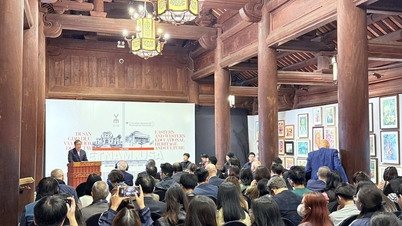






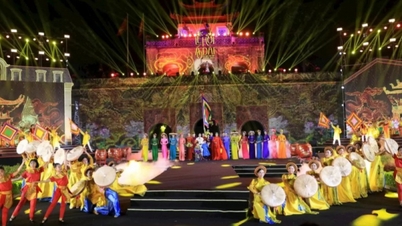

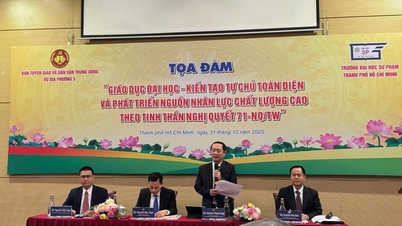

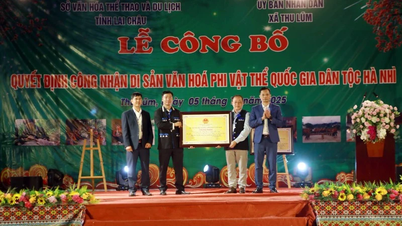

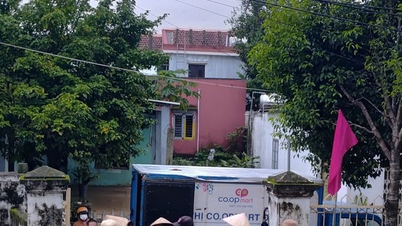

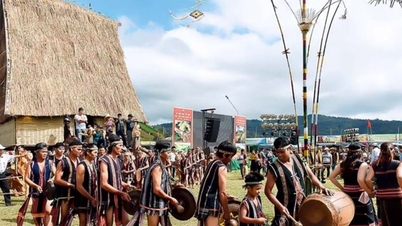
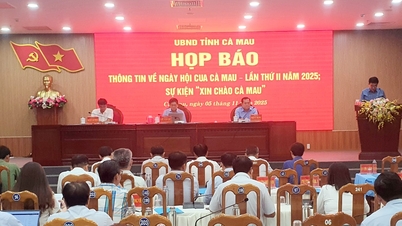
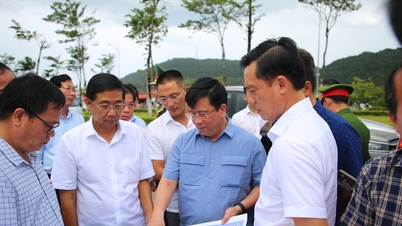

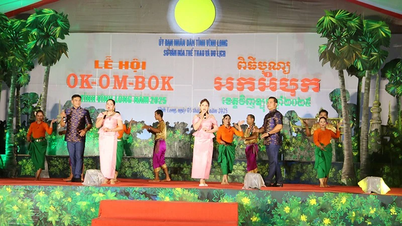




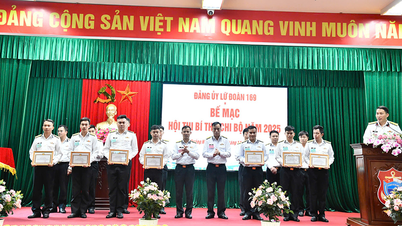
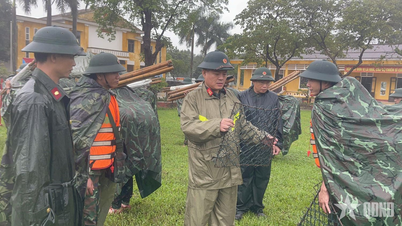
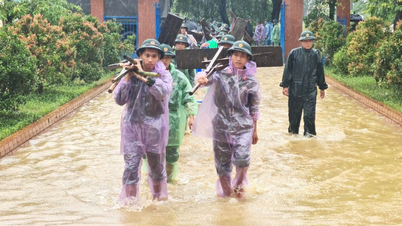
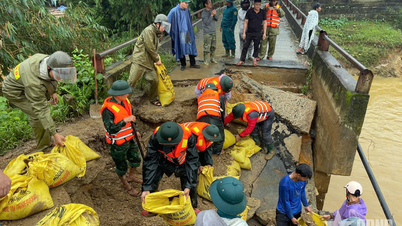
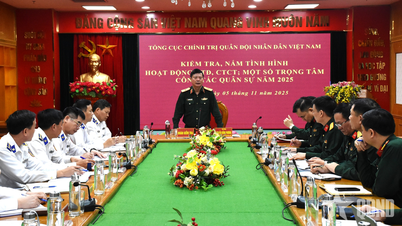
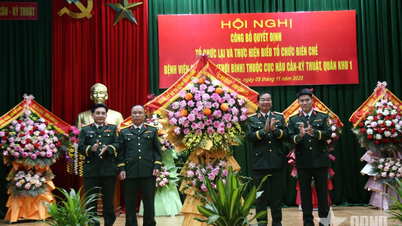

![[Photo] Panorama of the Patriotic Emulation Congress of Nhan Dan Newspaper for the period 2025-2030](https://vphoto.vietnam.vn/thumb/1200x675/vietnam/resource/IMAGE/2025/11/04/1762252775462_ndo_br_dhthiduayeuncbaond-6125-jpg.webp)


































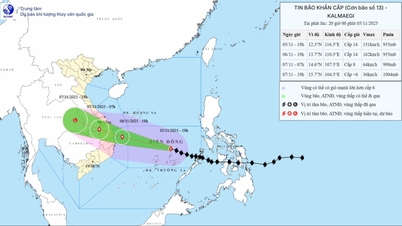













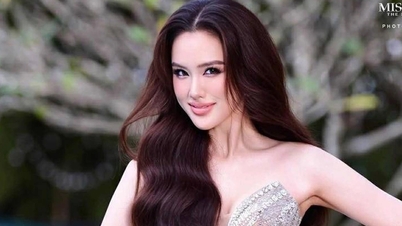

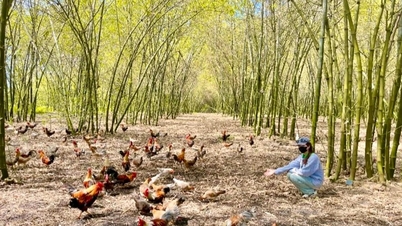


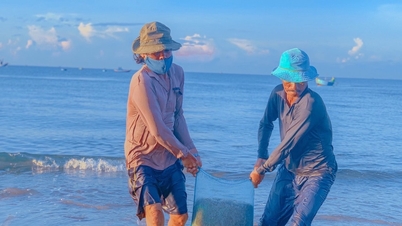
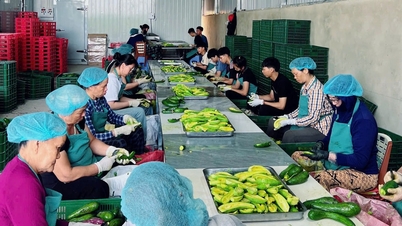
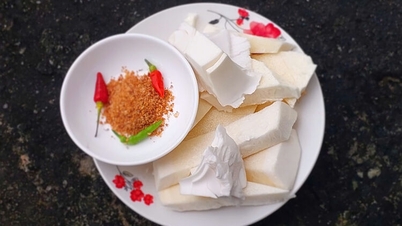












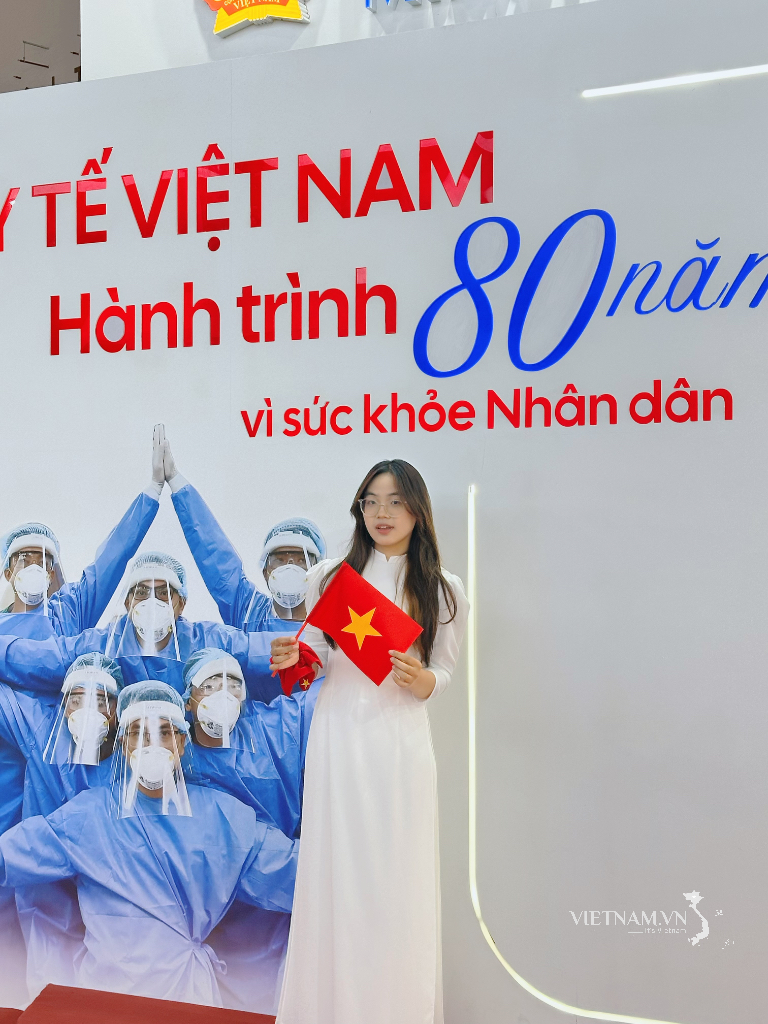

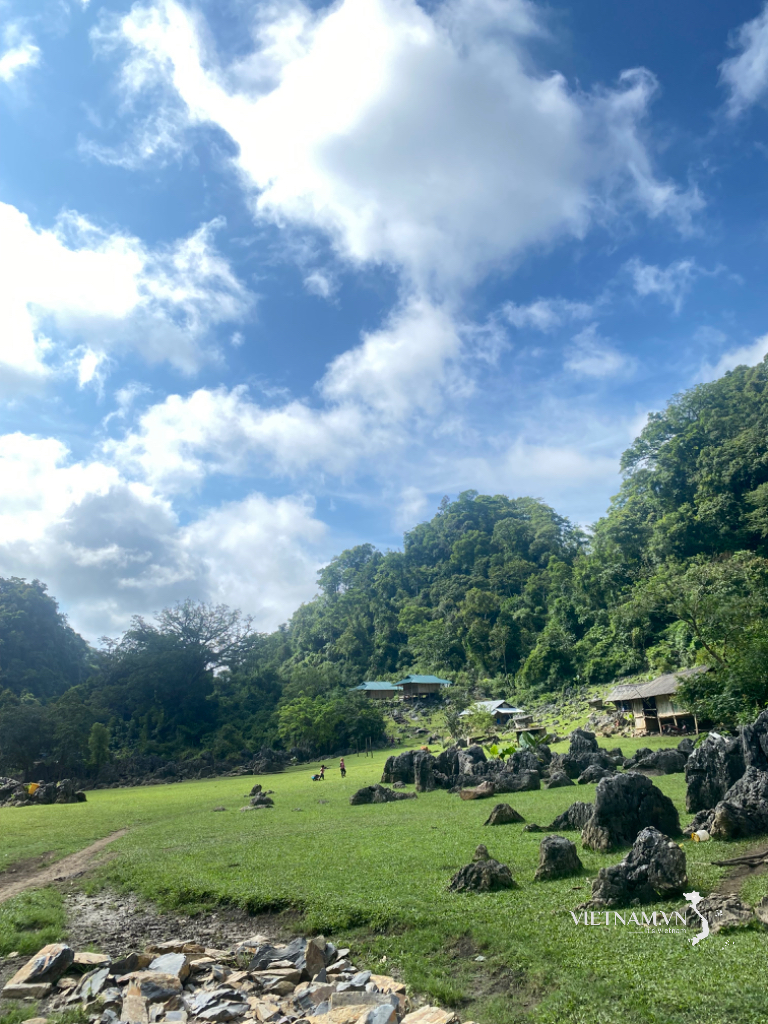
Comment (0)